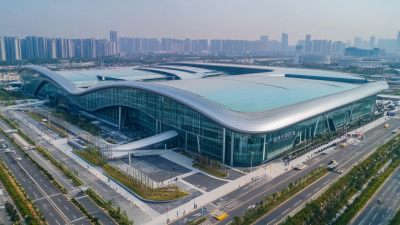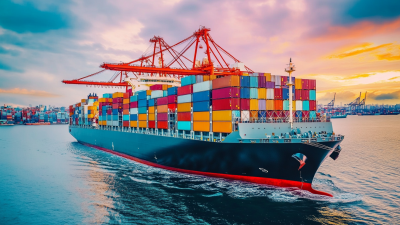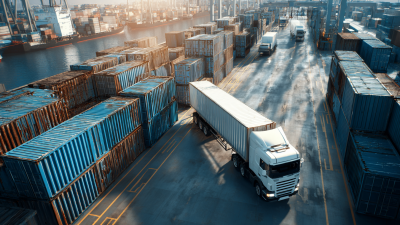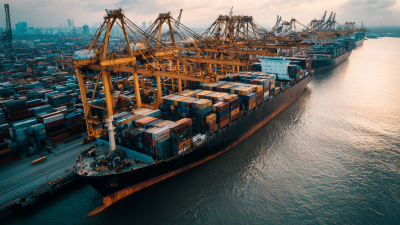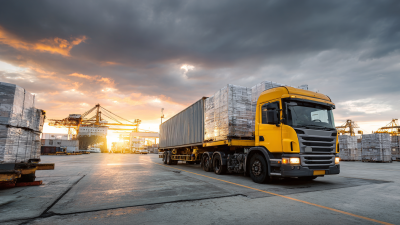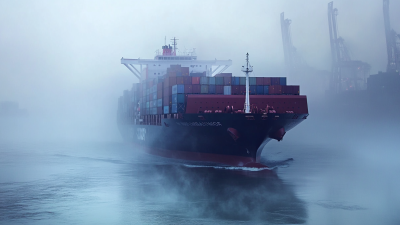The freight transport industry is undergoing significant transformations as highlighted at the 2025 China 138th Import and Export Fair. With global trade projected to reach $28 trillion by 2025, the demand for efficient and sustainable freight transport solutions is more critical than ever. Recent reports indicate that the sector is expected to grow at a CAGR of 4.5%, attributed to advancements in technology and rising consumer expectations for faster delivery times. Innovations such as automation, digitalization, and the integration of artificial intelligence are reshaping logistics operations, enabling companies to optimize their supply chains. Furthermore, as sustainability becomes a focal point, the industry is actively exploring eco-friendly transport options to reduce carbon emissions. The discussions at the fair not only reflect these trends but also set the stage for future collaborations and innovations in the freight transport realm, thereby facilitating enhanced connectivity and trade efficiency across borders.
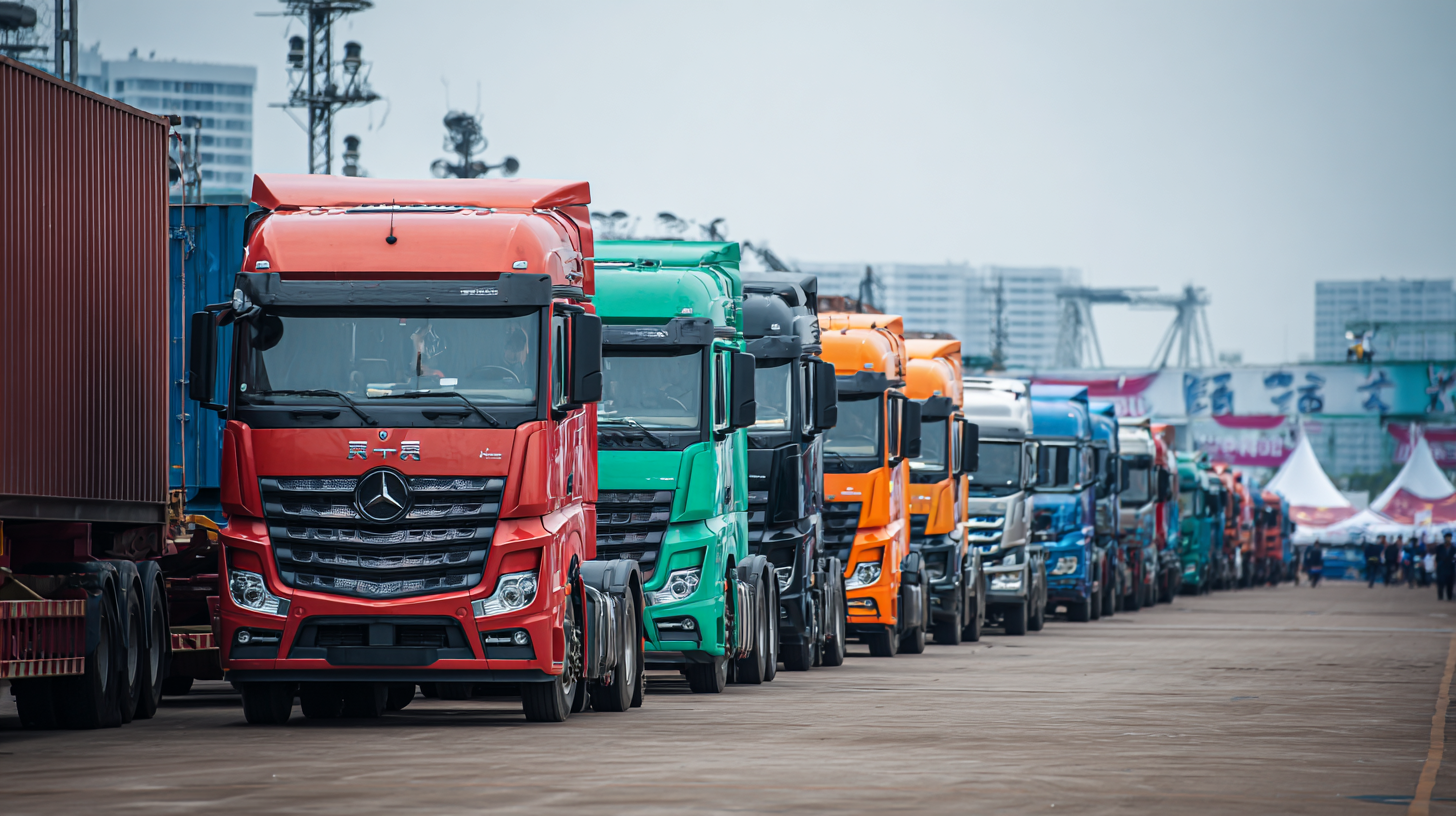
The 138th Import and Export Fair in China showcased the latest advancements in freight transport, emphasizing the pivotal role of emerging technologies in shaping the future of the industry. With rapid urbanization and growing global trade, traditional freight systems are increasingly inadequate, prompting the adoption of innovative solutions. Technologies such as artificial intelligence, blockchain, and IoT are revolutionizing logistics operations, enhancing efficiency and transparency throughout the supply chain.
Artificial intelligence is at the forefront of this transformation, enabling predictive analytics that enhance route planning and inventory management. Furthermore, blockchain technology ensures secure and immutable record-keeping, which is crucial for maintaining trust among stakeholders. The integration of IoT devices facilitates real-time tracking of goods, providing valuable insights into shipment conditions and improving overall reliability. As these technologies continue to evolve, they will not only streamline operations but also reduce costs and environmental impacts, paving the way for a more sustainable freight transport sector.
As the 2025 China 138th Import and Export Fair approaches, the spotlight on sustainable practices in freight transport underscores the industry's commitment to environmental stewardship. According to a recent report by the International Transport Forum, shifting towards greener logistics can lower greenhouse gas emissions by up to 30% by 2030, highlighting the urgent need for innovation in freight operations. This fair is set to feature various initiatives focused on electric and hybrid vehicles, eco-friendly packaging solutions, and optimized supply chain processes that minimize waste and carbon footprints.
Tips for businesses looking to adopt these sustainable practices include investing in technology that enhances route efficiency and reduces fuel consumption. For instance, utilizing data analytics can provide actionable insights into freight operations, leading to better decision-making and reduced operational costs. Additionally, collaborating with partners who prioritize sustainability can amplify these efforts and create a holistic approach to responsible freight transport.
As industry leaders gather at the fair, the examples of successful green initiatives will serve as a reminder of the sector's potential to transform. With ongoing regulatory changes and increasing consumer demand for eco-conscious practices, the future of freight transport is not only about moving goods but doing so with a conscience.
| Dimension | Current Status | Future Trends |
|---|---|---|
| Emission Reduction | 20% reduction since 2020 | Target 50% reduction by 2030 |
| Adoption of Electric Vehicles | 10% of freight vehicles | Increase to 30% by 2025 |
| Use of Automation | Limited applications | Expansion into all major hubs |
| Sustainable Packaging | 20% usage of biodegradable materials | Aim for 100% by 2025 |
| Digitalization | Growing use of tracking tools | Full integration of IoT by 2025 |
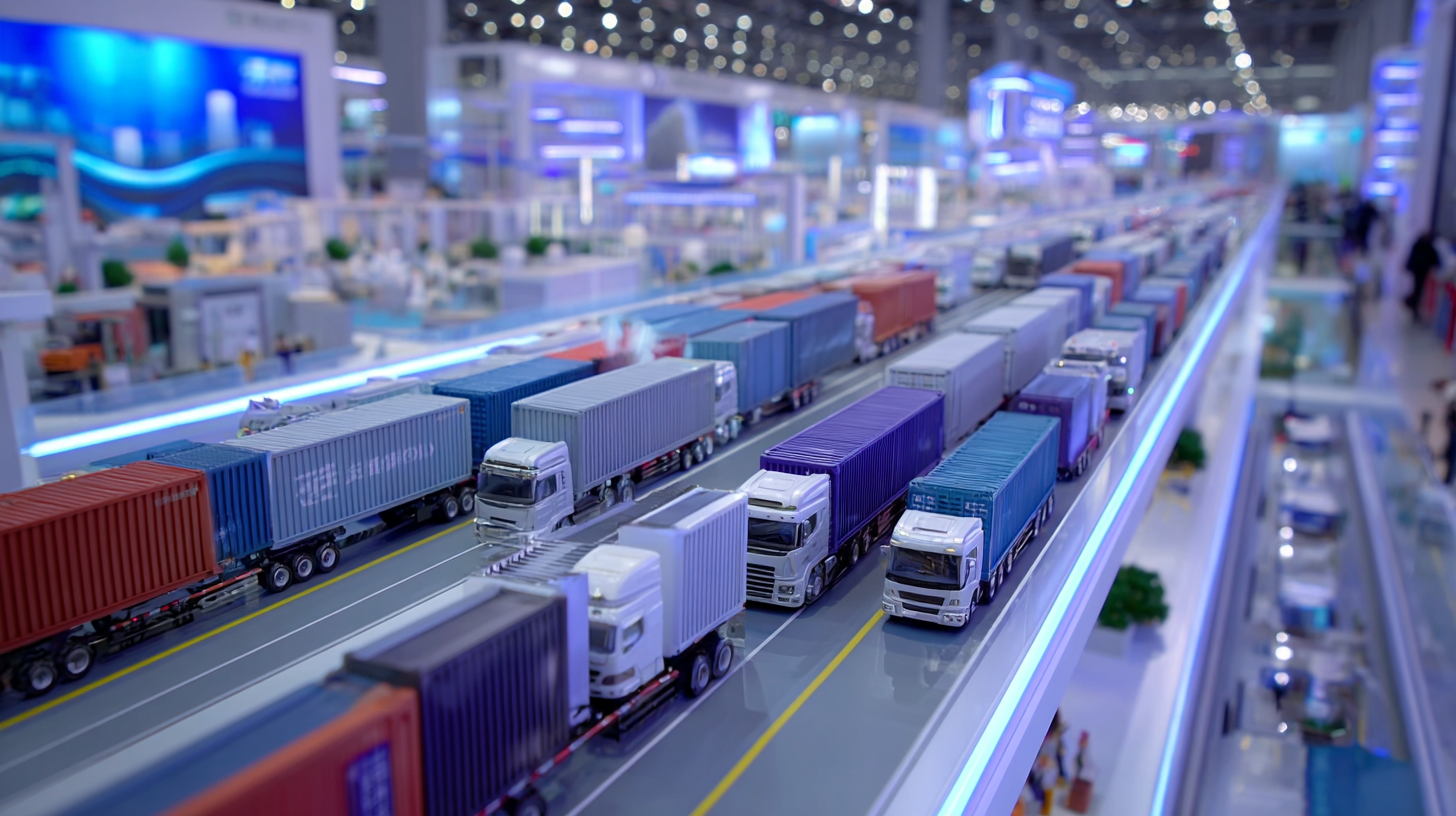 Digitalization is fundamentally reshaping supply chains, significantly enhancing their efficiency and resilience. As companies adopt advanced technologies, such as artificial intelligence and data analytics, they unlock opportunities for innovation and improved operational performance. For instance, integrating digital tools facilitates better inventory management and demand forecasting, leading to smarter decision-making. Firms can leverage digital solutions to enhance network connectivity, fostering greater knowledge exchange and collaboration across their supply chains.
Digitalization is fundamentally reshaping supply chains, significantly enhancing their efficiency and resilience. As companies adopt advanced technologies, such as artificial intelligence and data analytics, they unlock opportunities for innovation and improved operational performance. For instance, integrating digital tools facilitates better inventory management and demand forecasting, leading to smarter decision-making. Firms can leverage digital solutions to enhance network connectivity, fostering greater knowledge exchange and collaboration across their supply chains.
In addition to operational improvements, the shift toward digitalization also supports sustainable practices. Digital technologies can enable companies to streamline processes and enhance supplier relationships, which is crucial for fostering resilience in a volatile market. Moreover, regions such as North America are witnessing a trend towards nearshoring, which further complements digital strategies by bringing production closer to end consumers. This evolution not only addresses logistics challenges but also positions companies to respond swiftly to market demands while maintaining a commitment to sustainability principles.
The transformative potential of digitalization in freight transport and supply chain management is thus pivotal in navigating future challenges.
The 2025 China 138th Import and Export Fair serves as a pivotal platform to showcase the evolving landscape of global trade and its subsequent impacts on freight transport trends. As international trade continues to expand, emerging markets and shifts in consumer demand are reshaping logistic strategies. The integration of advanced technologies, such as artificial intelligence and blockchain, is enhancing supply chain transparency and efficiency, allowing freight companies to respond more agilely to fluctuations in trade volumes.
Moreover, sustainability has become a focal point in the discourse on freight transport. With increasing global awareness of climate change, freight transport systems are undergoing a transformation towards greener practices. The fair emphasizes the need for innovation in eco-friendly transport solutions, including electrification of shipping fleets and optimization of routes to reduce carbon footprints. These trends not only reflect the changing priorities of businesses but also indicate a critical shift towards responsible trade, signaling a future where economic growth aligns with environmental sustainability.
The 138th Import and Export Fair in China, set against the backdrop of evolving global trade dynamics, has underscored collaboration and innovation as central themes in the freight transport sector. With the global logistics market projected to reach $12 trillion by 2027, stakeholders are increasingly recognizing the importance of cooperative efforts to enhance efficiency and sustainability in freight operations. Industry leaders emphasize that collaborative innovations—ranging from shared logistics platforms to joint ventures—can significantly reduce carbon footprints and optimize resource allocation while fostering strong partnerships among businesses.
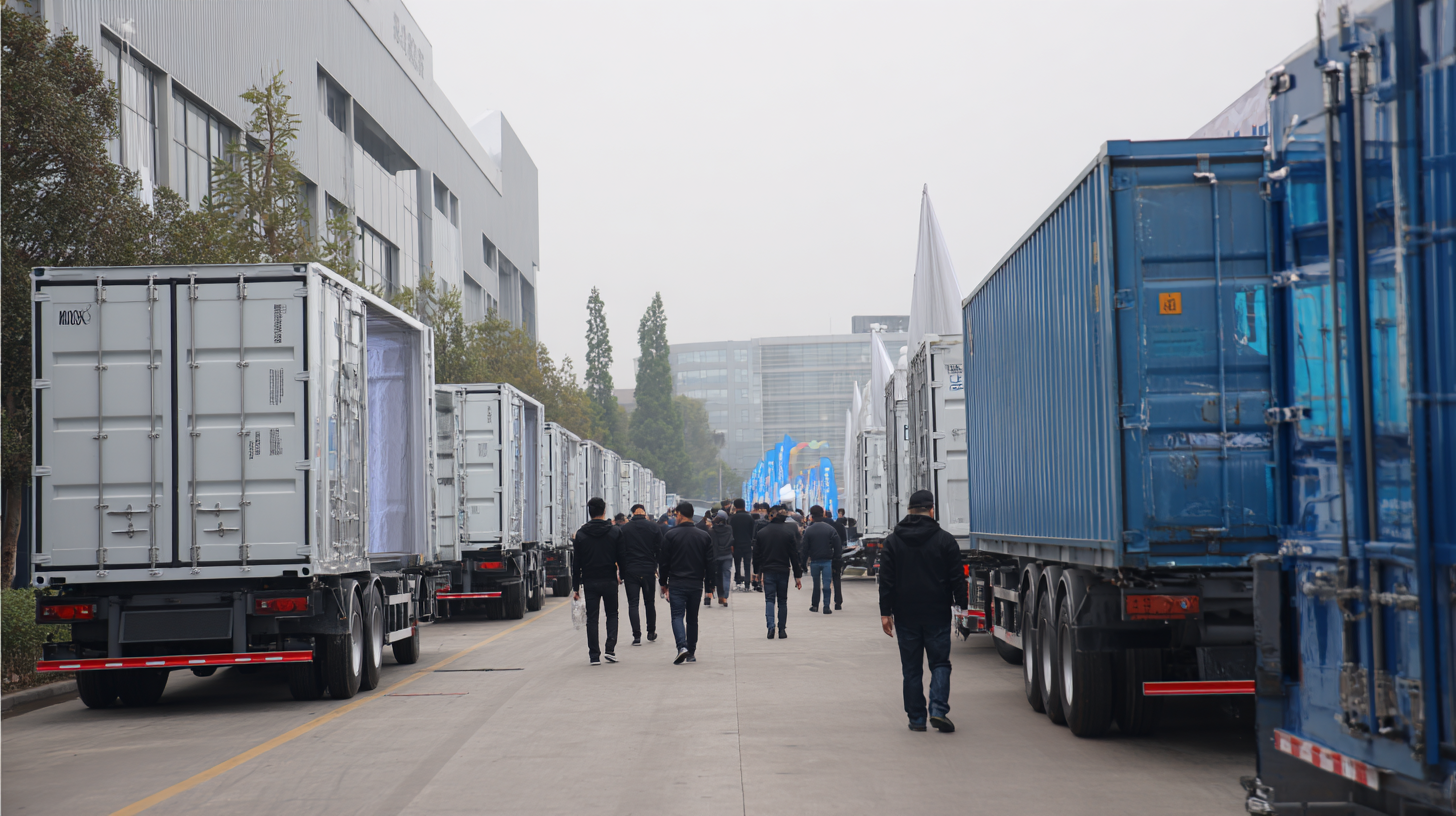
Technological advancements play a pivotal role in driving these collaborative efforts. According to a recent report by the International Transport Forum, the implementation of digitized freight processes can boost productivity by 20% and decrease operational costs by up to 15%. The fair showcases various innovations, including blockchain for enhanced tracking and AI-driven predictive analytics for supply chain optimization. As companies seek to navigate the complexities of global supply chains, the need for shared technology and knowledge has never been more crucial. The inclusion of such cutting-edge solutions will not only support agile responses to market fluctuations but also elevate the overall resilience of freight transport systems moving forward.
